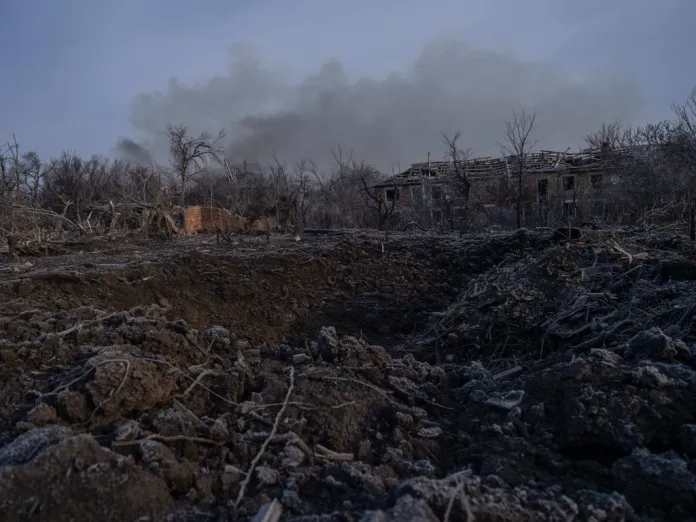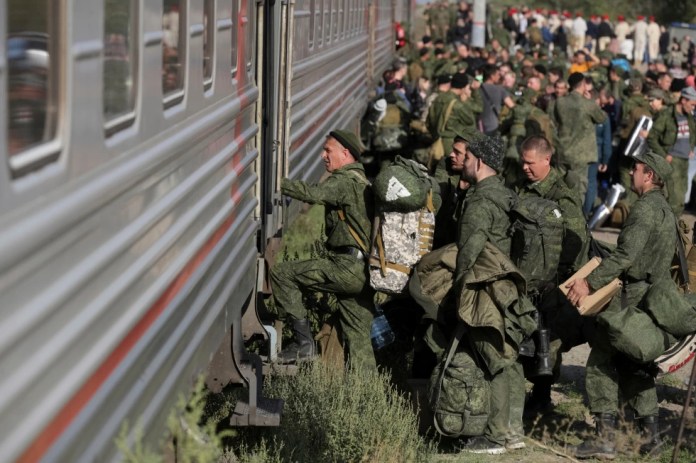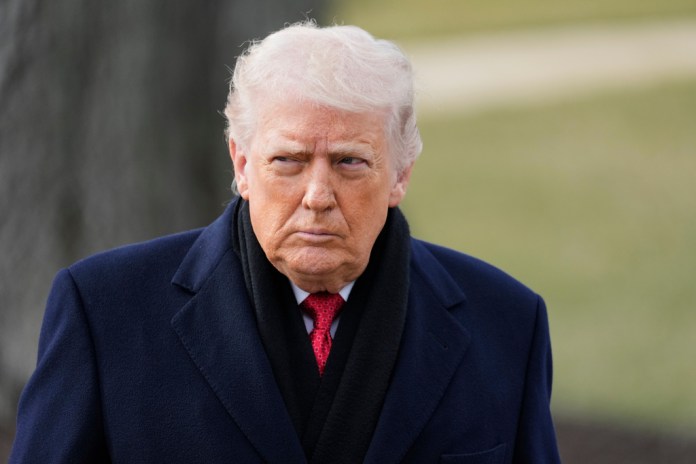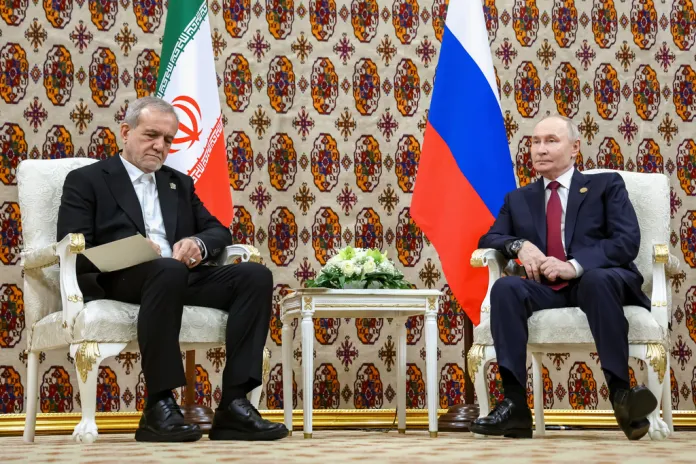Russian military has trained 20% of deported Ukrainian children
The article reports that Russia has abducted tens of thousands of Ukrainian children, sending them too over 200 facilities across Russia and occupied Ukrainian territories. Approximately 20% of these children have been given military training, and around 62% have undergone re-education aimed at erasing their Ukrainian identity and replacing it with a Russian one. The Yale Humanitarian research lab has tracked these deportations and discovered that the facilities include camps, military bases, schools, orphanages, and other institutions. The militarization includes boys as young as eight, frequently enough involving weapons training. The report describes this as an unprecedented scale of child militarization since World War II. The International Criminal Court has issued arrest warrants for Russian officials connected to these forced deportations, labeling them war crimes. Despite funding cuts to Yale’s research efforts, private donations have supported continued monitoring. The article also mentions rising tensions with NATO after Russian drone incursions into Polish and Romanian airspace, prompting NATO to boost defenses in Eastern Europe.
Russia has given military training to around 20% of deported Ukrainian children
Russia has sent tens of thousands of Ukrainian children, whom they have abducted, to more than 200 different facilities, where about a fifth of them have been given military training, according to a new report from a United States watchdog organization.
It’s believed that Russian forces have taken more than 35,000 Ukrainian children from their homes, largely in areas of Ukraine that Russia occupies, though the exact amount is unknown given the lack of information available in many of these areas, Nathaniel Raymond, the executive director of the Yale Humanitarian Research Lab, told the Washington Examiner.
Yale’s lab has tracked these abductions for years now, and the group released its latest report on Tuesday, which shed more light on the scope and scale of Russia’s indoctrination efforts.
The Yale HRL tracked 210 locations Ukrainian children were sent to that span from the Black Sea to Siberia, an area that stretches across more than 3,500 miles and more than 50 regions of Russia and Russian-occupied Ukrainian territory. The number of facilities is significantly more than any previous estimate.
The children have undergone reeducation activities at a minimum of 130 sites, or roughly 62% of them, while they have undergone military training at 39 locations, or about 18.5%. The Russian government operates about half of the 210 total facilities, the report found.
“We have clear evidence that children are being militarized with combat training at a scale and scope that is unprecedented since the Nazis,” Raymond said.
Raymond specified that the re-education efforts are an attempt “to alter their conception of themselves as Ukrainians and to re-conceptualize them as Russians, culturally, politically, nationally, and that means not speaking Ukrainian but speaking Russian instead and learning a Russian version of their country’s history, which does not include [Ukraine] being a country.”
The militarization training involves boys as young as eight years old, but is more commonly between the ages of 13-17, and one primary difference in these efforts is that many of those children will handle weapons, he said.
The HRL broke down the 210 facilities into eight categories: cadet schools, which are secondary schools that offer specialized curriculum on military subjects; active military bases; medical facilities; religious institutions; secondary schools and universities; hotels; orphanages; and camps. The vast majority of these facilities fell into the camps category.
Using imagery, the lab was able to identify that about one-fourth of the locations have been expanded since Russia began its full-scale war in Ukraine in February 2022, presumably to meet the influx.
“What [Russian leader Vladimir] Putin has done here is he has done something that for many families is worse than a nuclear detonation,” Raymond continued. “He’s made them wonder if their kids are ever coming home, and that’s the most evil psychological weapon that you can deploy on a population.”
The International Criminal Court issued arrest warrants on alleged war crimes for Russian leader Vladimir Putin and Maria Lvova-Belova, Commissioner for Children’s Rights in the Office of the President of the Russian Federation, back in March 2023, over the forced deportations of Ukrainian children.
A previous report from the Yale lab found that Putin “intentionally and directly authorized” the plan to systematically kidnap Ukrainian children.
President Donald Trump has highlighted the deported children, but his administration’s efforts to reduce government spending have also led to cuts in government funding to Yale’s research lab. Raymond said there are efforts on Capitol Hill to free up money already appropriated to them, but without any additional resources, they will “go out of business at Christmas.”
The lab accepts private donations, and Raymond said this recent report was “entirely financed by small-dollar individuals of Americans across the spectrum,” he said, adding, “We are the main intelligence support component to the Ukrainian government in their effort to get their kids home.”
Raymond also brought up the U.S. law enforcement investment following the September 11, 2001, attack on the World Trade Center in trying to track down and identify everyone who was missing in the aftermath. The Ukrainians are trying to find more than ten times the number of people who died in the attacks over a much larger area in hostile territory.
NATO ANNOUNCES ‘EASTERN SENTRY’ BOOST FOLLOWING RUSSIAN DRONE INCURSION INTO POLAND
Trump has made one of his signature foreign policy efforts an attempt to end the Russia-Ukraine conflict, but has had little to show for it so far. Trump met with Putin in Alaska on August 15, but little has emerged from that summit.
The president said over the weekend that he’s ready to apply major sanctions on Russia when all NATO countries agree to stop buying Russian oil. Hungary’s Viktor Orban and Slovakia’s Robert Fico are the rare NATO member states that still have decent relationships with Putin.
Within the last week, Russian drones were shot down in NATO airspace over Poland and Romania. NATO has announced a plan to bolster its military capabilities in the eastern part of the alliance after the incursion into Polish airspace. It marked the first time NATO forces engaged threats in allied airspace.
" Conservative News Daily does not always share or support the views and opinions expressed here; they are just those of the writer."




